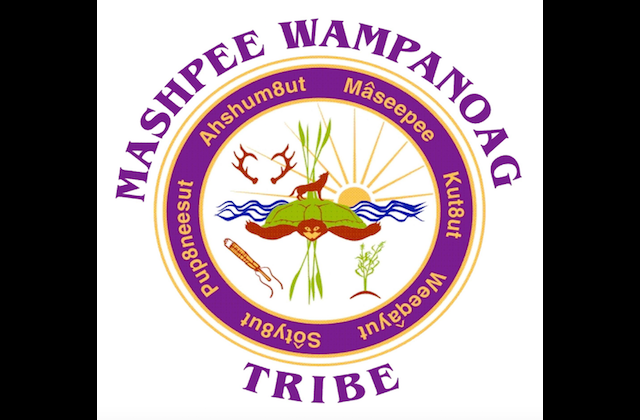The roots of what we now call Thanksgiving date back to 1621, when a group of 90 Wampanoag tribal members feasted with White Pilgrims in present-day Plymouth, Massachusetts. The English colonizers repaid the Wampanoag’s kindness with a toxic combination of massacres, land seizures and cultural genocide that devastated the tribe and other Indigenous people. Now, the Wampanoag’s descendants are working to protect their language, Wopanaotooaok, from further erasure.
The Associated Press (The AP) detailed preservation efforts by the Cape Cod-based Mashpee Wampanoag in an article published yesterday (November 21). The Mashpee Wampanoag is one of two federally-recognized Wampanoag tribes in Massachusetts; the other, the Wampanoag Tribe of Gay Head, is based in Martha’s Vineyard. The AP reports that Wopanaotooaok, which tribe members also call Wampanoag, birthed several words that live on in contemporary American English, including pumpkin, skunk, powwow and Massachusetts.
Recognizing that this influential language’s future rests on the current generation, the Mashpee Wampanoag created "Mukayuhsak Weekuw: The Children’s House" to immerse kids in the language. The school currently educates 19 students from Wampanoag households, and the tribe supports language education curricula in local public schools and at the nearby Mashpee Wampanoag Indian Museum.
These combined programs have reached hundreds of area students since the 1990s, when tribal vice chair Jessie “Little Doe” Baird began working with the tribe and Massachusetts Institute of Technology linguists to build a Wampanoag dictionary. Because there were no surviving adult speakers in the tribe, they used historical materials like colonial land claim documents and a 1663 version of the King James Bible—a book that The AP describes as "one of the oldest ever printed in the Western hemisphere"—to craft it. Baird’s work earned her a 2010 MacArthur fellowship, and she continues to develop curricula for The Children’s House and local school districts.
“From having had no speakers for six generations to having 500 students attend some sort of class in the last 25 years?" Baird told The AP. "It’s more than I could have ever expected in my lifetime."
